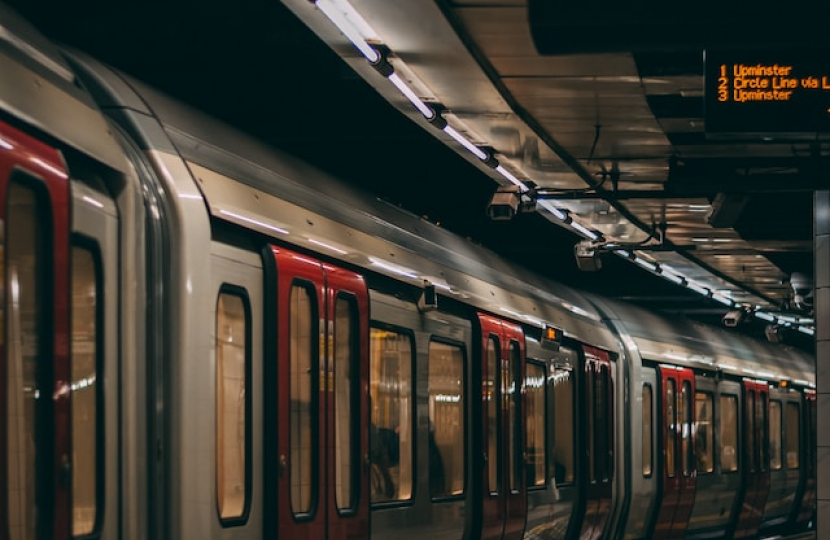
Travel and navigation app providers encouraged to ensure new technology offering more streamlined journeys is accessible to all users
- commuters will be able to access easier, cheaper and more personalised journeys, as new guidance is launched for travel apps
- new code of practice will help ensure navigation apps offer step-free journey options for disabled people and safer travel such as well-lit walking routes
- part of the government’s work to deliver cutting-edge transport technology that benefits transport users and helps grow the economy
Commuters will soon benefit from smarter travel apps that offer cheaper, safer and more accessible journeys, following new government guidance launched today (30 August 2023) to ensure travel and navigation apps benefit all users.
The government’s new Mobility as a Service (MaaS) code of practice for app developers and companies aims to ensure they offer more streamlined journeys for travellers and commuters while ensuring the technology is accessible to all.
Technology known as MaaS is already in use in apps such as Citymapper and Google Maps and aims to bring together data, such as timetabling or ticket prices, from multiple types of transport to offer streamlined choices to travellers all on one app.
The guidance encourages app platform providers to consider accessibility needs when suggesting routes, which could include outlining wheelchair-accessible routes and stations and providing step-free options for all journeys.
The guidance also recommends that app providers consider the personal safety of app users when suggesting routes. For example, apps should allow people to choose “main roads only” options for journeys, keeping to well-lit roads. Apps should also be able to share their live location with a contact while on the move.
Further recommendations include ensuring apps consider users in rural areas where internet connectivity could make accessing online journey planning difficult. As part of this, platforms are encouraged to include offline options, such as a phone number for ordering taxis or claiming compensation for delays.
MaaS tech platforms can make journeys more convenient by bringing together planning and payment into one app and allowing people to tailor journeys to their specific needs. It is also hoped that this could lower the cost of journeys for travellers, by ensuring more choice and competition.
As the use of transport continues to change, with more people making use of public transport and rental bikes, the government is encouraging tech companies to develop platforms that bring together different types of transport into one easily accessible journey.
By helping to ensure smoother travel for people across the UK, this code of practice aims to help harness cutting-edge of transport technology, encouraging businesses and individuals to make the most of the new technology and helping to grow the economy.
Examples of MaaS platform operators already operating in the UK include Swift in the West Midlands. Now the largest smart ticketing scheme outside London, Swift cards can be used as a ticket for train, bus or tram services, as well as car parking and season tickets. The scheme has 190,000 active smartcard holders with 45 million journeys completed over the past 12 years.
In 2020, DfT also awarded funding to Solent Transport as part of its Future Transport Zones programme to develop a transport app for the region. The new app, Breeze, allows people on the south coast to plan, book and pay for all journeys, including public transport, cycling, e-scooters and ferries. It also provides information about how busy services are and suggests the greenest way to travel.
The announcement is available in full here.

